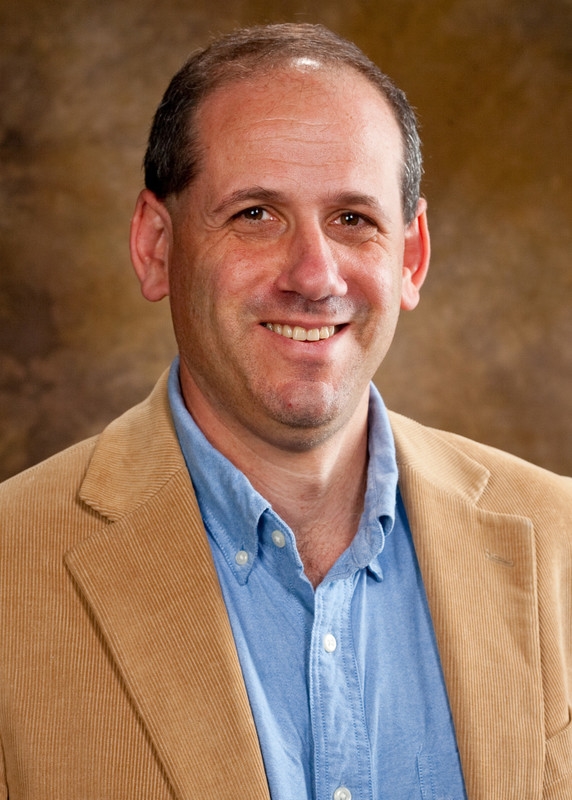FAYETTEVILLE, Ark. – Peter Ungar, Distinguished Professor of anthropology and director of the Environmental Dynamics Program, will contribute to a two-year multidisciplinary and multi-institutional project studying the impact of climate change on the environment of the Arctic.
“Environmental change in Western Siberia: Interactions of land surfaces, animal communities, infrastructure, and peoples of the Arctic” will bring together ecologists, engineers, anthropologists and earth-system scientists to document changes to ecosystems of the Arctic region caused by climate change and explain how these changes have affected plants, animals, indigenous people and industrial infrastructure.
The researchers will focus on the Yamal Peninsula of Russian Siberia, which serves as a small-scale and manageable research model for the Arctic as a whole. Habitats of the Yamal region, roughly 1,400 miles northeast of Moscow, range from forest in the south to tundra in the north. The Yamal, which means “end of the land” in the language of the indigenous people, has a rich diversity of native and invasive plant and animal species, a large indigenous population with strong traditional culture, and economically critical natural resources.
Researchers will study how climate change – specifically warming and extreme weather – has affected the temperature, precipitation and landforms in the Yamal, and how people, animals and plants have adapted to these changes. Part of the animal studies, for example, will focus on reindeer herding. The Yamal region has the largest domesticated reindeer population.
The project consists of three teams: earth system science/engineering, social geography and anthropology, and biotic systems. Ungar will lead the biotic systems team, which will document the effects of climate change on the ecology of people and mammals of the region. The project principal investigator, Valeriy Ivanov of the University of Michigan, will lead the earth system science/engineering team, and Bruce Forbes of the University of Lapland will lead the social geography and anthropology team. The project is a collaboration with Aleksandr Sokolov and his group from the Russian Academy of Sciences’ Arctic Research Station.
The project will include workshops, monthly virtual conferences, a synthesis paper and the submission of a research proposal at the conclusion of work in 2021. The researchers will also develop curriculum for collaborative, multidisciplinary online courses offered to undergraduate and graduate students at multiple institutions.
The project was funded by a $238,722 award from the National Science Foundation. Ungar’s team will receive $59,905.
Ungar will spend one to two weeks in Yamal in March of 2020 and again in October of that year. These planning trips could lead to a proposal for a multi-year project with several longer trips to Siberia.
About the University of Arkansas: The University of Arkansas provides an internationally competitive education for undergraduate and graduate students in more than 200 academic programs. The university contributes new knowledge, economic development, basic and applied research, and creative activity while also providing service to academic and professional disciplines. The Carnegie Foundation classifies the University of Arkansas among fewer than 2.7 percent of universities in America that have the highest level of research activity. U.S. News & World Report ranks the University of Arkansas among its top American public research universities. Founded in 1871, the University of Arkansas comprises 10 colleges and schools and maintains a low student-to-faculty ratio that promotes personal attention and close mentoring.
Topics
Contacts
Peter Ungar, Distinguished Professor, Anthropology
J. William Fulbright College of Arts and Sciences
479-575-6361, pungar@uark.edu
Matt McGowan, science and research communications officer
University Relations
479-575-4246,
dmcgowa@uark.edu
